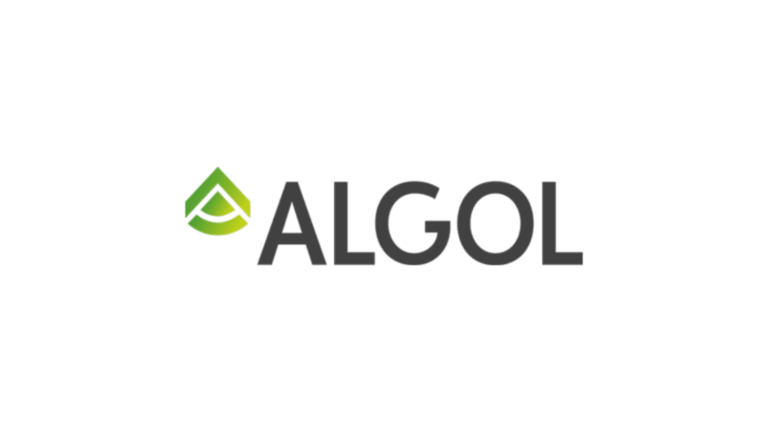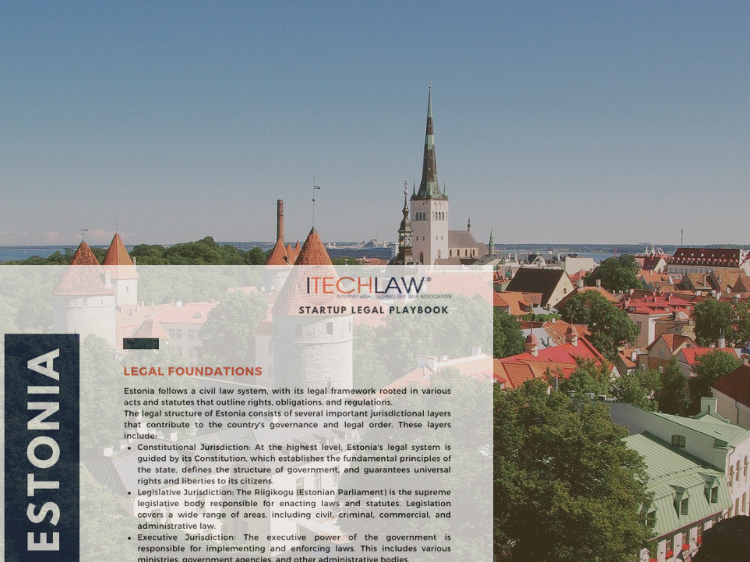
The EU Artificial Intelligence Act (“AI Act”) came into force on August 1, 2024, and it will be applied gradually starting from February 2025. The AI Act introduces a regulatory framework aimed at promoting the adoption of human-centric and reliable AI.
The AI Act requires, among other things, that AI system providers, distributors and deployers understand the basic principles of AI and the risks associated with its use. Since the AI Act applies to AI system deployers, it also covers natural persons using AI systems for purposes other than personal use. This creates a need for a new essential skill: AI literacy.
Significance and Impact of AI Literacy
According to Article 4 of the AI Act, providers and deployers of AI systems must take measures to ensure, to their best extent, a sufficient level of AI literacy among their staff, taking into account their technical knowledge, experience, education, training and the context the AI systems are to be used in, all the while considering the persons or groups of persons on whom the AI systems are to be used.
AI literacy is crucial for making informed decisions about AI and its effects. Individuals with good AI literacy can identify and manage the risks associated with AI use, such as data privacy risks, while also leveraging the opportunities it creates. Additionally, AI literacy encourages the responsible use of AI, ensuring that AI systems are used fairly and responsibly.
How AI Literacy Affects Companies
The requirement for AI literacy in Article 4 of the AI Act means, for example, that companies using AI systems have a training obligation for their employees.
To fulfill the training obligation, companies should have a clear strategy for AI objectives, usage practices, and risks. Along with ongoing training and skills development for their staff, companies should establish a clear policy for AI usage and communicate it transparently.
The need for responsibility in the use of AI is especially highlighted in the internal HR work of companies to ensure that the solutions used are transparent, fair, and non-discriminatory. It is important to understand data protection laws and privacy requirements and ensure that staff are aware of these obligations as well.
AI literacy is part of the future of work, and organizations that provide or use AI, play a key role in building AI literacy among their employees. In addition to the requirement for training, companies may encounter the challenge of motivating employees to adopt new solutions and practices. Addressing this requires continuous investment in training and maintaining an innovative-friendly culture. It is essential to acknowledge the risks associated with AI while emphasizing its potential benefits and providing guidance on how to utilize and implement existing AI systems.
Companies that invest in both leveraging AI systems and developing their staff’s AI skills can achieve significant competitive advantages in the market.
The AI Act will be applied gradually, and the article on AI literacy will apply from February 2, 2025, when companies will be obliged to ensure their staff’s AI literacy.
Magnusson offers comprehensive support and guidance to companies on employment law and AI regulation issues by providing legal, strategic, and practical advice in developing strategies and particularly in their practical implementation.
Contact

Lilli Parbo
Partner
Corporate and M&A, AI Law, Commercial, Dispute Resolution, Employment, ESG and Sustainability, EU and Competition
Send me an email +358 44 519 4316
Anu Vuori
Partner / Head of Employment
Employment, Dispute Resolution, ESG and Sustainability, Insurance and financial services, Media, Sports and Entertainment
Send me an email +358 40 147 9586









